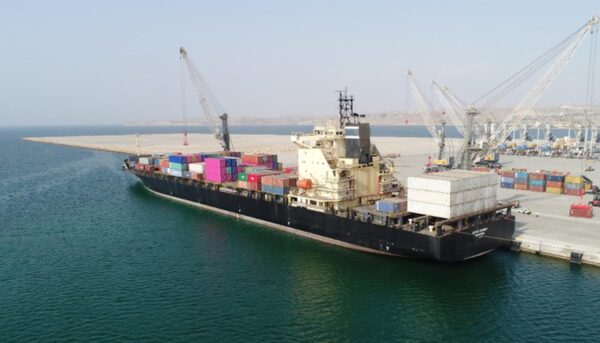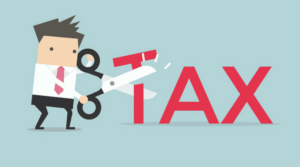U.S., Vietnam say they hope to boost ties as Blinken visits Hanoi

Vietnamese Prime Minister Pham Minh Chinh and U.S. Secretary of State Antony Blinken on Saturday expressed a desire to deepen and upgrade their ties as Washington seeks to solidify alliances in the region to counter an increasingly assertive China.
In his first visit to the key southeast Asian country as the top U.S. diplomat, Blinken kicked off his trip with a meeting with Prime Minister Pham Minh Chinh. In brief remarks before their meeting, he said during the past decade there has been “extraordinary progress” in ties between the two countries.
We have now hope to be able to take it to an even higher level, deepening even further the economic partnerships,” Blinken said, while noting the two nations mark the 10th anniversary of their formal partnership this year.
Chinh said both sides were looking to elevate ties “to a new height”, after a phone call last month between President Joe Biden and the head of Vietnam’s ruling Communist Party, Nguyen Phu Trong, a conversation he said yielded “great success.”
The diplomatic anniversary and the Biden-Trong call could lead to a meeting between the two in July or other high-level meetings, analysts say. It is still unclear, though, when an upgrade of formal ties could be agreed.
The United States faces challenges in Southeast Asia in building a coalition to counter China and deter any potential action by Beijing against Taiwan. Many countries in the region are reluctant to antagonise their giant neighbour, which is not just a military power but also a key trading partner and source of investment.
For the U.S., Vietnam is a crucial Southeast Asian trading partner that Washington wants to bolster ties with. But for Hanoi, it has been a difficult balancing act, between cooperating with Washington without upsetting Beijing, even though Vietnam has been alarmed by China’s increasing claims in the South China Sea.
The diplomatic calculus is further complicated by increasingly close relations between Beijing and Moscow, which last year declared a “no limits” partnership shortly after Russia’s invasion of Ukraine.







